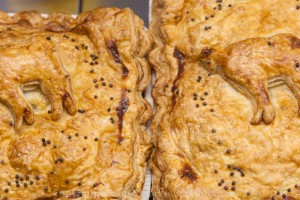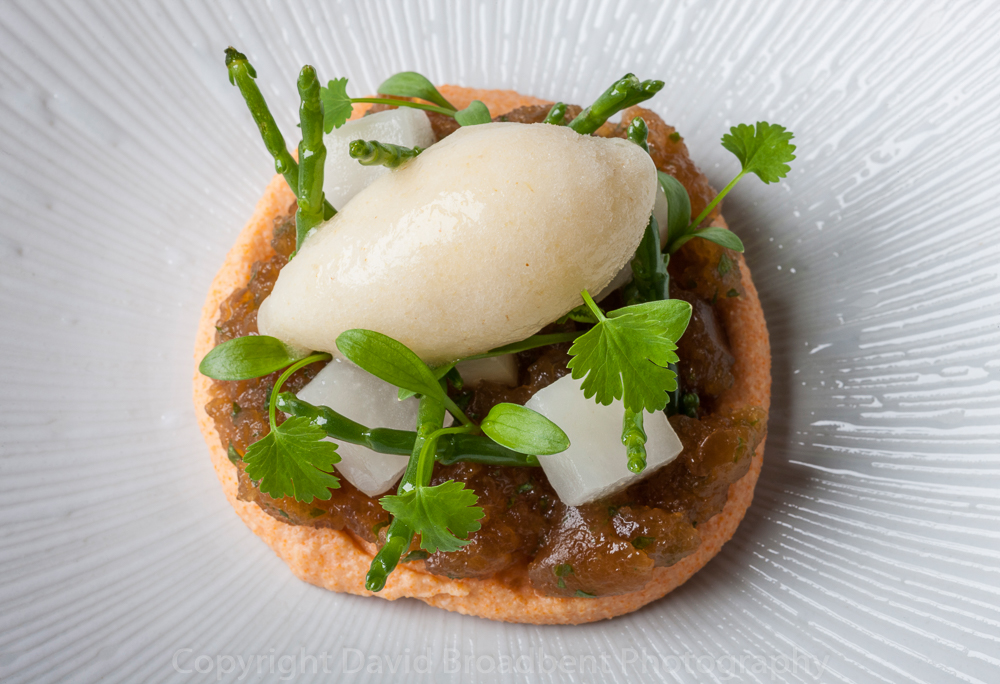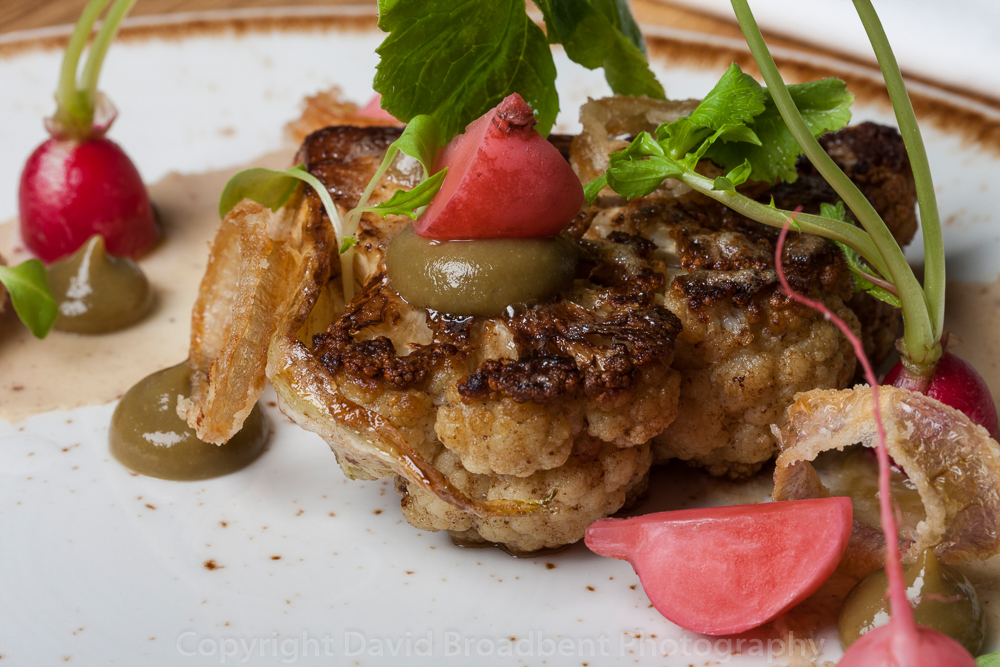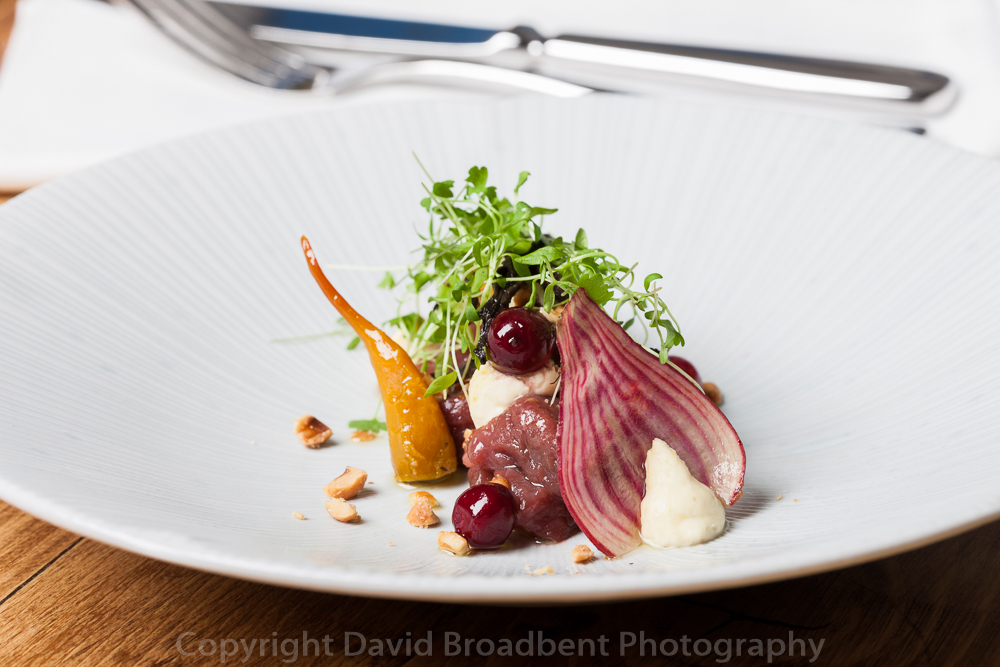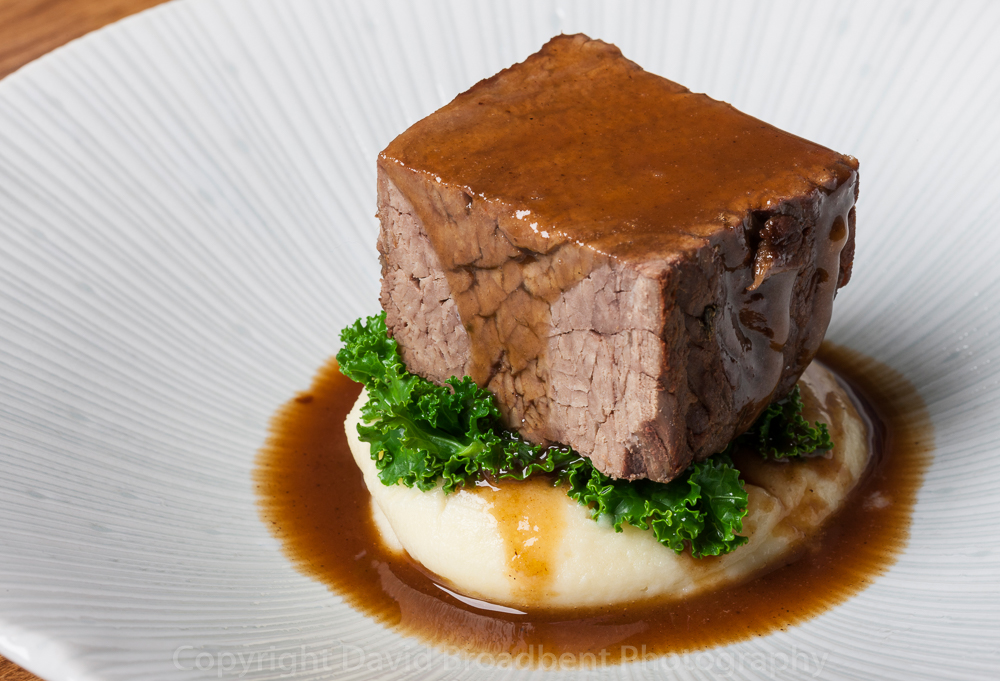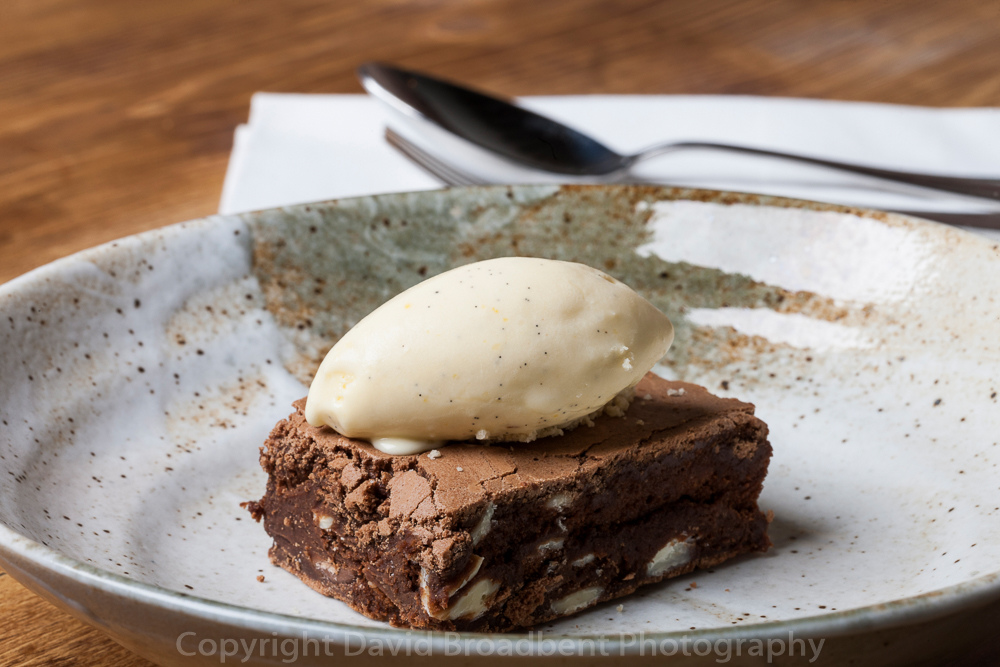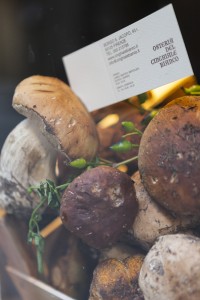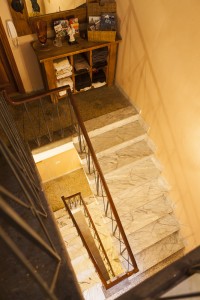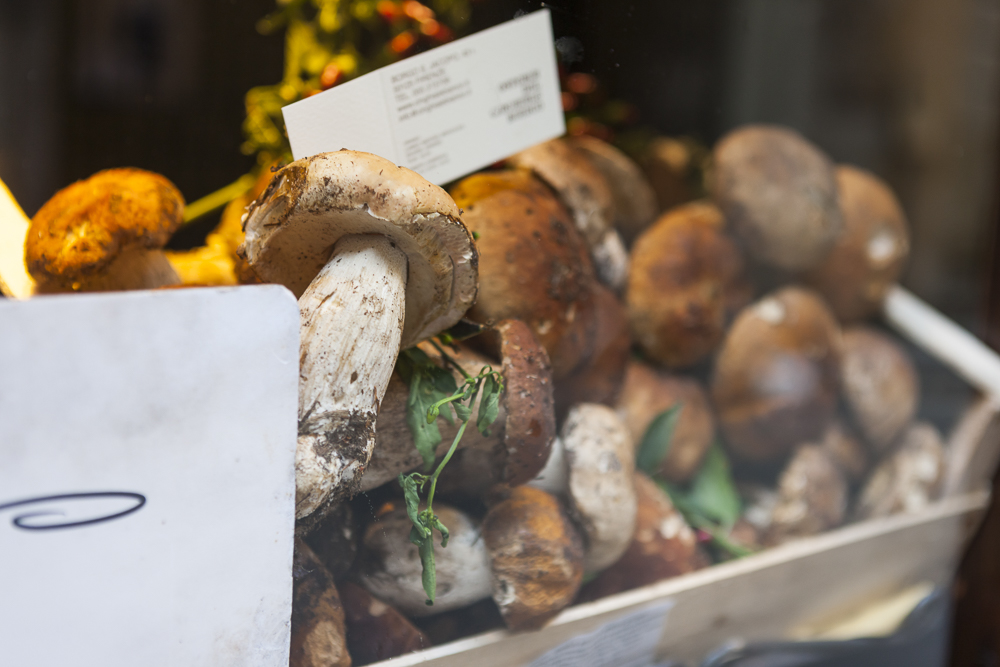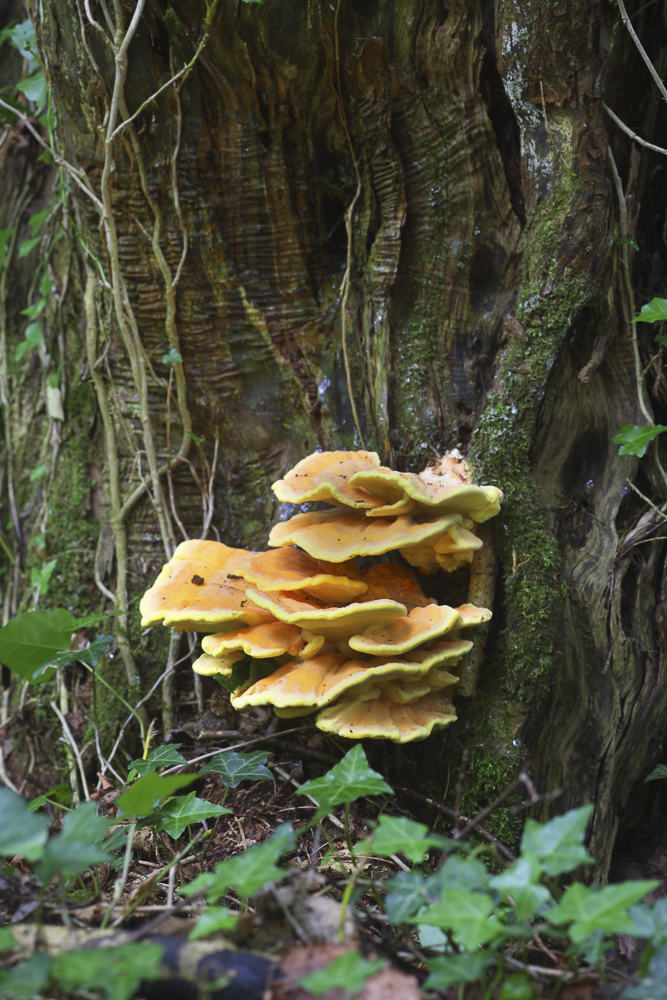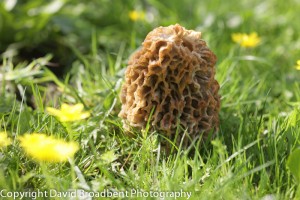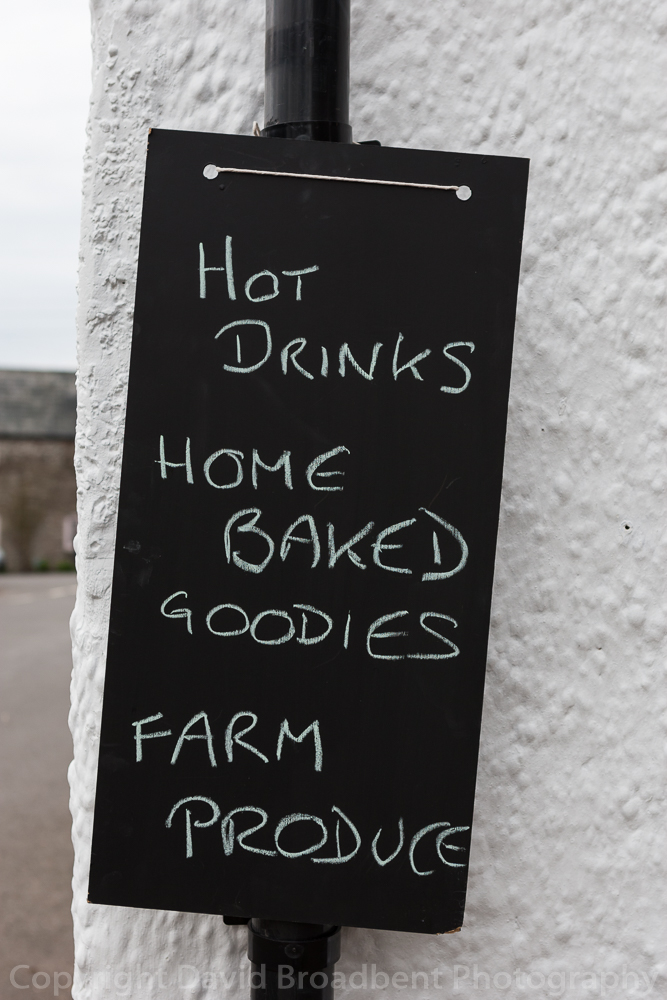
Whenever one reads anything about rural services it is seldom good news. Cut backs and closures and the age old gripe that local businesses often loose out to supermarkets and shopping centres in terms of support from their locally based customers. It’s all too familiar a narrative we have come to associate with local rural services in last few decades. But one village in the Forest of Dean, Gloucestershire is bucking that trend and may even be an example of how the market may change for the better in the coming years.
St Briavels, the picturesque village purchased 800 foot (240 m) up on the edge of a limestone plateau above an ancient meander of the valley of the River Wye is packed with history including its very own castle. The hot news is, it also now has a local shop – just opened – to add to its list of services. That’s right, a village shop that has just opened!!

On the face of it this story is a great rural news story about a new village shop. One which stocks great produce offers great, friendly and knowledgeable service. But it could also be a metaphor for the dynamic of changing rural life evolving because of the way we work as a society.
The Pantry (opposite the local pub) is a modest but nonetheless extremely welcome, well appointed, very bright and airy shop in the true tradition. It is owned and run by Deborah Flint, half of the innovative and lovely people from the desperately successful (and very nearby) Cinder Hill Farm. The engine of the Cinder Hill Pie House success was good olde “word of mouth” from those who had tried their fabulous homemade pastry wrapped pies, sausage rolls and “Foggies”. We think that the enormous marketing engine that is “word of mouth” will soon make this little haven of village retail goodness as successful as the farm in growing a rural business – and that seemed to have worked out well!
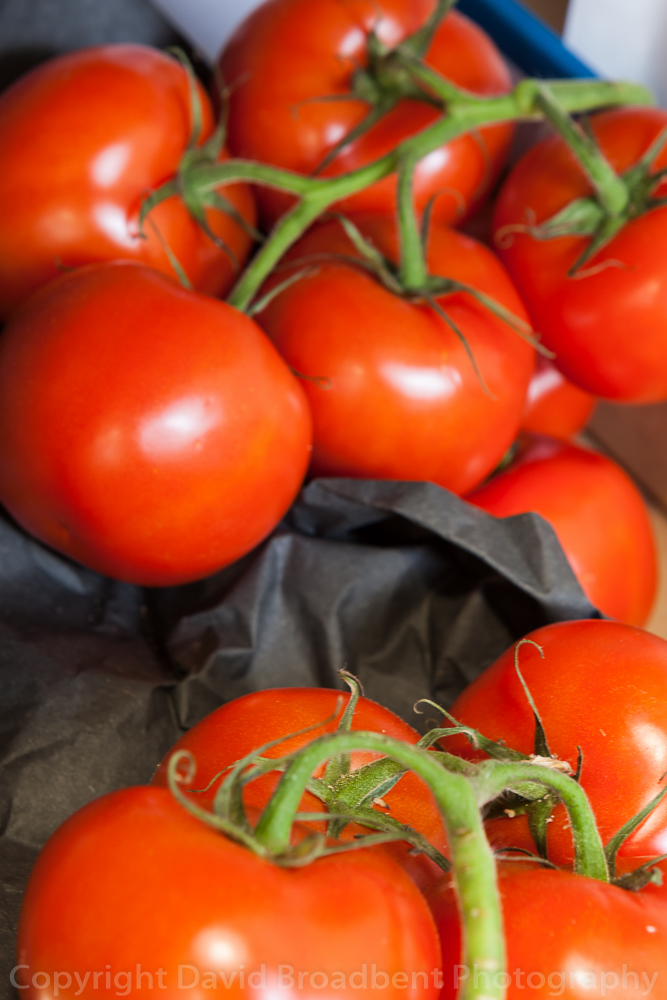
On the day we visited the shop there was a steady flow (even in what Deborah called the quieter 2-3 slot) of customers. Locals buying milk and eggs and ordering bread for the weekend, frantic tourists desperately in search of some batteries for a gadget followed by more locals seduced by the small but very well curated selection of local cheeses and, of course, Cinder Hill’s Foggies and Boar sausage. The most noticeable thing was that not many customers arrived by car. Even the tourists were lodging in the Castle youth hostel 500 yards away.
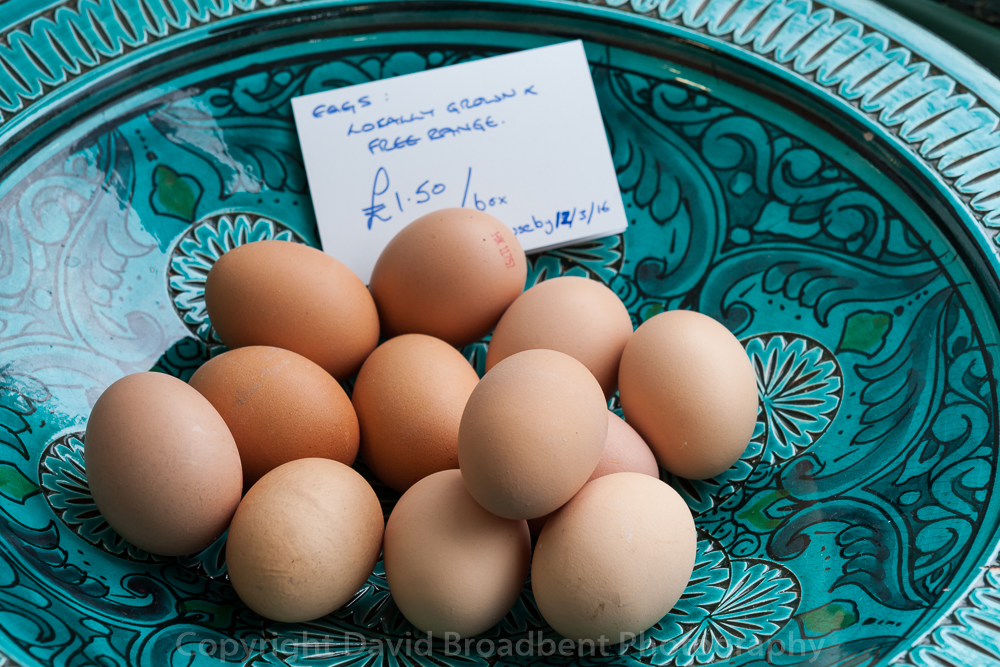
In one of those quirks of fate that sees Deborah cutting cheese from the various wheels on offer only to find that they weigh exactly the same, the opening of the shop 3 weeks ago on 5th February 2016 coincided with the closure of the last village shop 10 years before. On the day they opened a villager brought in a newspaper cutting about the closure of the much loved “Dot’s”. Exactly 10 years ago! How does that happen?

So we have a new shop – Yay! It’s bright, clean and airy. Well stocked with a mix of staple products and great locally made produce. Great bread (from the Crusty Loaf and Longhope Bake house), free range chicken and duck eggs, lovely cheeses and much more. Homemade tray baked chocolate cake sold by weight so you can cut as much as you like and good coffee to accompany your cake or pastry. Deborah is on hand at the helm with a bright smile and a chatty disposition to all which is the outward expression of her commitment to the quality of service The Pantry aims to provide.
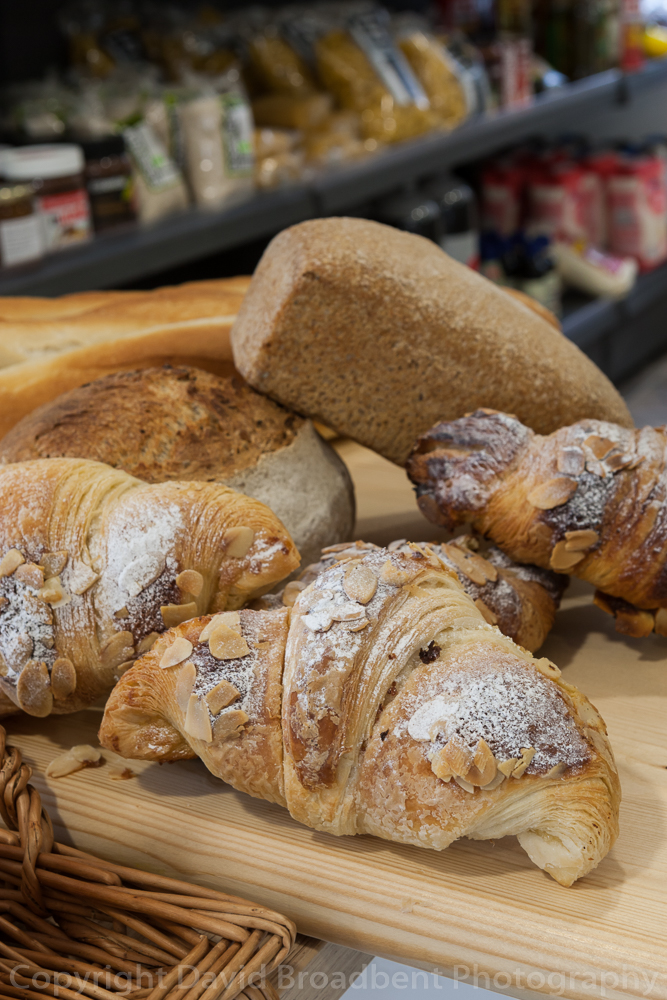
It isn’t just about where a business is situated that makes it a “good local service”. When some business owners talk about supporting local services they have a tendency to assume that the” local” bit is most important. Any consumer will tell you that those businesses have got it completely wrong. The “service” bit is by far the most important part of the equation. You could be next door but if your service is bad, I’m sorry but I’m off to the competition! There also seems in our view to be an anecdotal correlation between business owners those who misinterpret the local /service balance to those complaining about lack of support – connection perhaps?
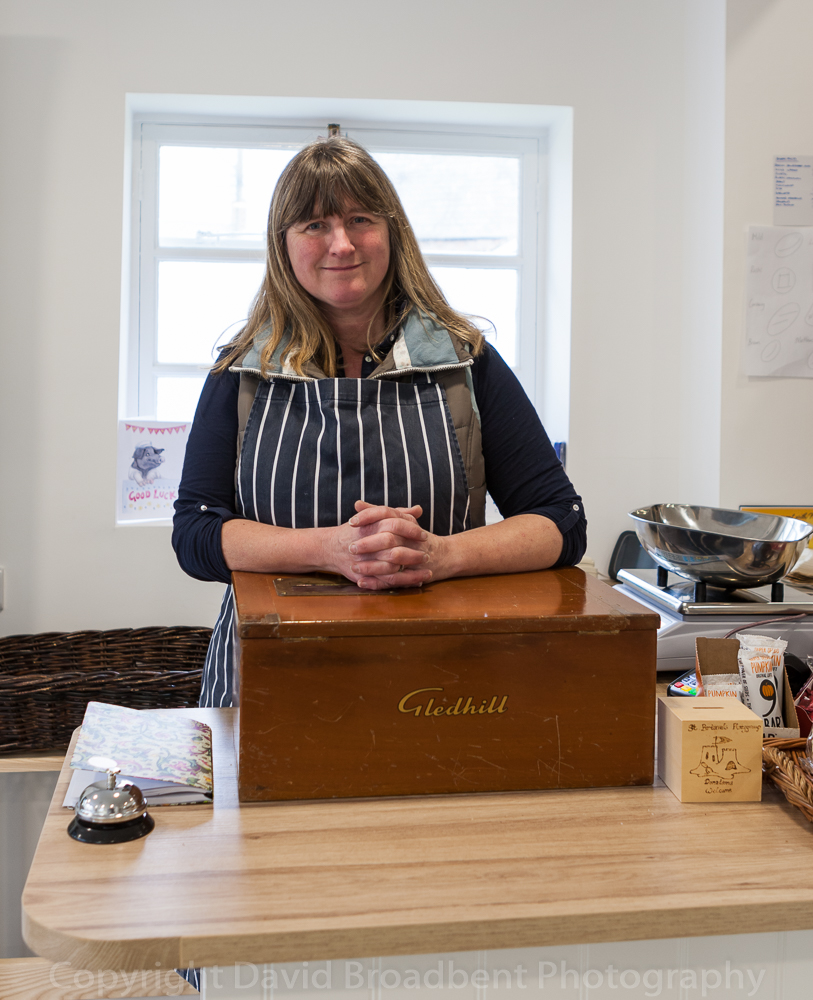
Neither Deborah nor her other half Neil had any background in farming when they opened Cinder Hill five years ago. But even that story has a hint of the just get on with and trade approach that would make Lord Alan Sugar swoon and reminisce about the old days.
Deborah and Neil landed at Cinder Hill for their version of The Good Life and five years ago from two pigs, found themselves suddenly with a surfeit of 23 little porkers to deal with. Their butcher (still very much associated with them today) helped by creating cuts and products that the two would be farmers from a fund raising and IT background needed. Deborah made sausage rolls and immediately threw herself into mastering the local market trade too. Her very first attempt to sell their product left her with, a surfeit of sausage rolls which she sold the very same day by going door to door in the village!
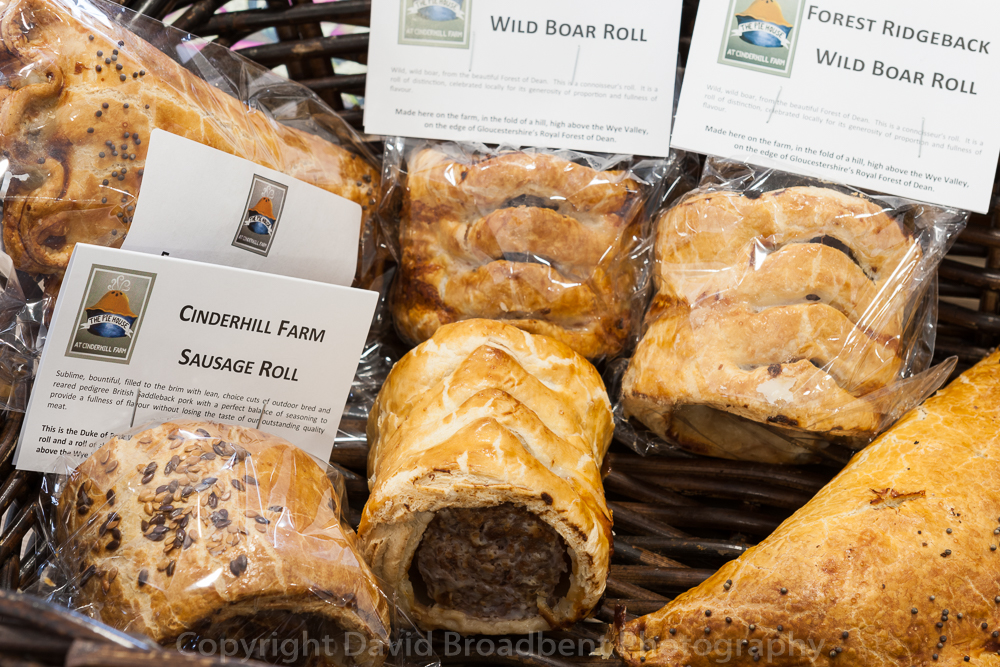
One of the problems (for that read several) about being a small local producer is the age old issue of getting your goods to market. We produce fantastic local produce in the Dean & Wye but, to be a success, that produce also needs to be sold. What then better than a new local outlet that can be that shop front for those great producers?
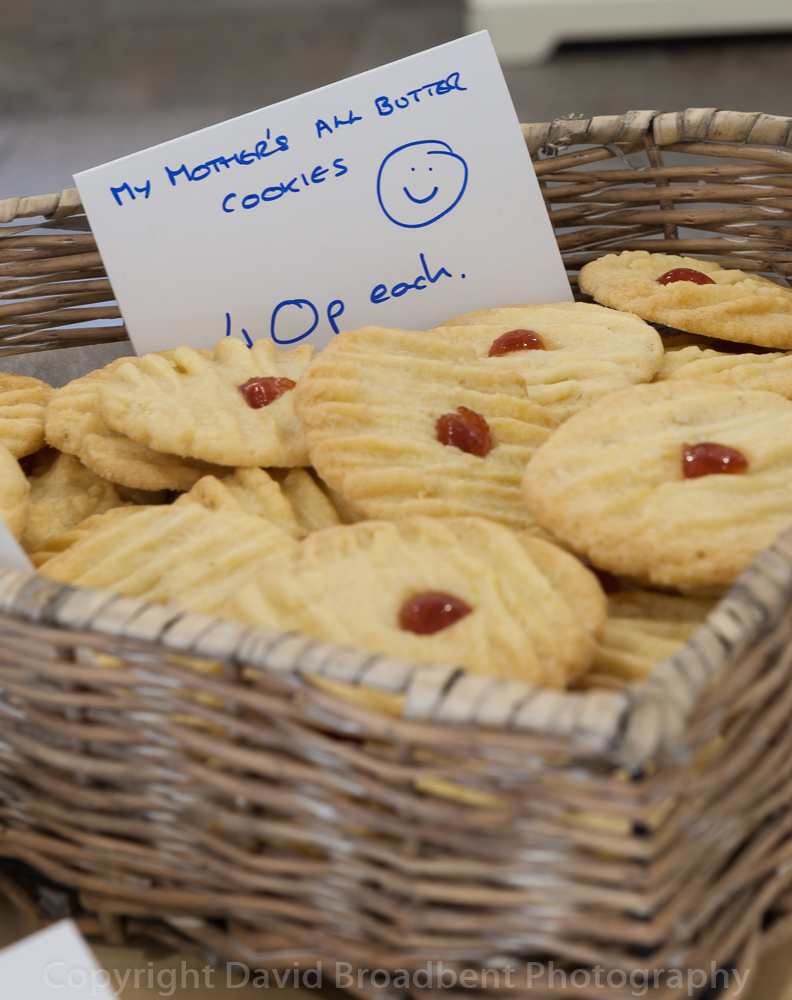
The Forest of Dean & Wye Valley demographic has changed drastically over the years. Rural village populations have been gradually changing everywhere to a mix of born and bred and incomers. St Briavels has a healthy balance of both. Amongst those incomers serving the long apprenticeships to be recognised as here long enough to be called local are the professions and the blue collar workers tired of living in the conurbations. It’s the people who covet rural life and a rural place to bring up their families. What’s changing even faster that that is the way we work now and will work in the future. More emphasis on working from home, family friendly hours and (at last) improving rural broadband provision that makes working from home much more feasible for everyone. You could almost say that St Briavels is a model, a small wormhole on what “work” may look like in another ten years’ time. All of those people who used to leave in the dark mornings of winter only to return home in the dark evenings of winter turning villages into little more than dormitories are now trickling back. They travel to their actual place of work less and less often instead of daily and are returning to a village home life that will have more in common with a 100 years ago then 10.
